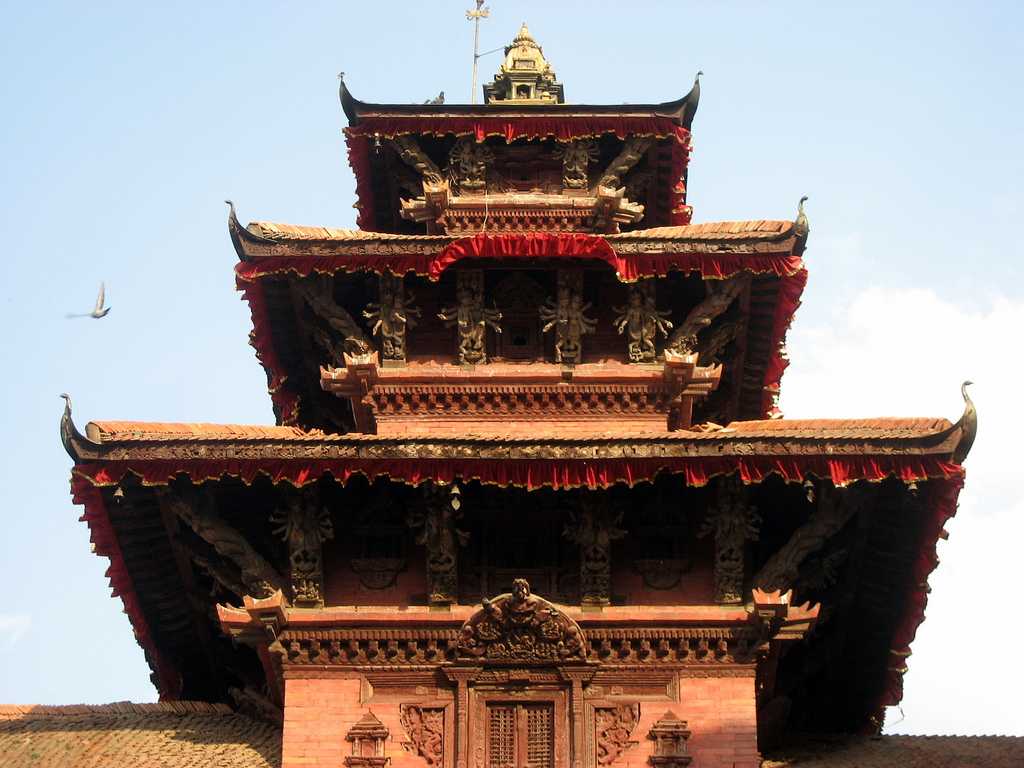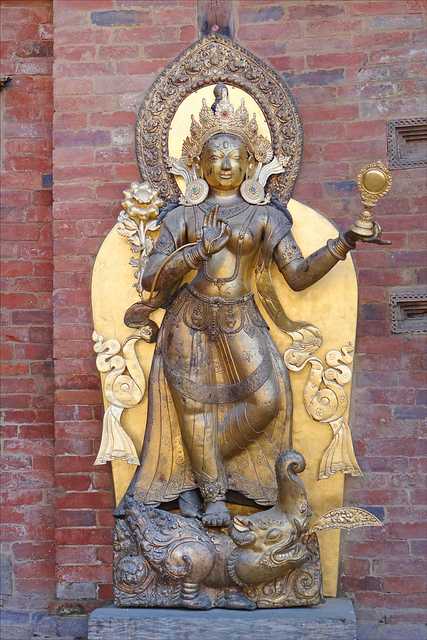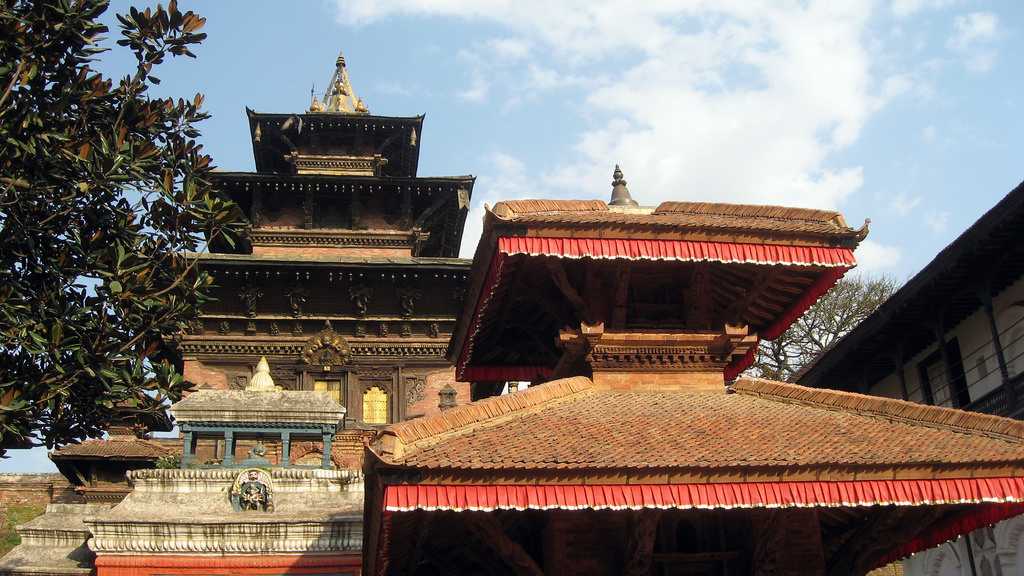Taleju Temple
Tags : Temple
Entry Fee : No Entry Fee
Degu Taleju Temple
Ways to Experience this attraction
Taleju Temple, Kathmandu Overview
The magnificent Taleju temple, located in Durbar Square of Kathmandu, is dedicated to the clan Goddess of Malla kings, Devi Taleju Bhawani. Traditionally, entry into the temple was restricted to kings but has now been extended to the Hindus. It is believed that the temple was constructed in the shape of a Yantra (a form of Mandala) as was directed by the Devi herself.
In the middle of Durbar Square, the temple, set atop a pedestal, is a stunning sight. The Degu Taleju Temple is not open to all. However, on the ninth day of Dasain, the Hindu Devotees can enter to offer prayers to the Goddess. Everyone else can explore the shrine from the outside.
Read More on Taleju Temple
Goddess Taleju Bhawani
Before Nepal was founded, Kathmandu was majorly ruled by the Newars who were ardent worshippers of Goddess Taleju who was believed to be an incarnation of Goddess Durga and the guardian of the kings. She is, therefore, considered to be a powerful deity and is worshipped in the region since the 14th century. The place of worship, Taleju Temple, is proof of this history and has been considered as an essential tourist attraction.

In Kathmandu, the Goddess is worshipped by the Newars who ruled the region ages before Nepal was established. She is believed to be the Goddess worshipped by other Hindu Gods and Goddesses too but majorly was the guardian of the Kings of the Malla Dynasty. In fact, the temple was built during the reign of King Mahendra Malla. Legend states that the mantra of the goddess ensured the ruler's succession and victory and therefore after the Shah dynasty dethroned the Mallas, they also started worshipping Goddess Taleju.

Taleju Temple Structure

The temple is a 35-metre high monument that stands prominently on a pedestal with twelve levels or steps made of stone. On the eighth level, a wall has been built all around the shrine that acts as a compound for the temple. There are 12 smaller shrines in front of this wall. On the other side, there are four more shrines other than the main one. This ancient place of worship has traditional pagoda-style architecture with a three-tiered roof, wooden doors and window frames decorated with intricate carvings.
